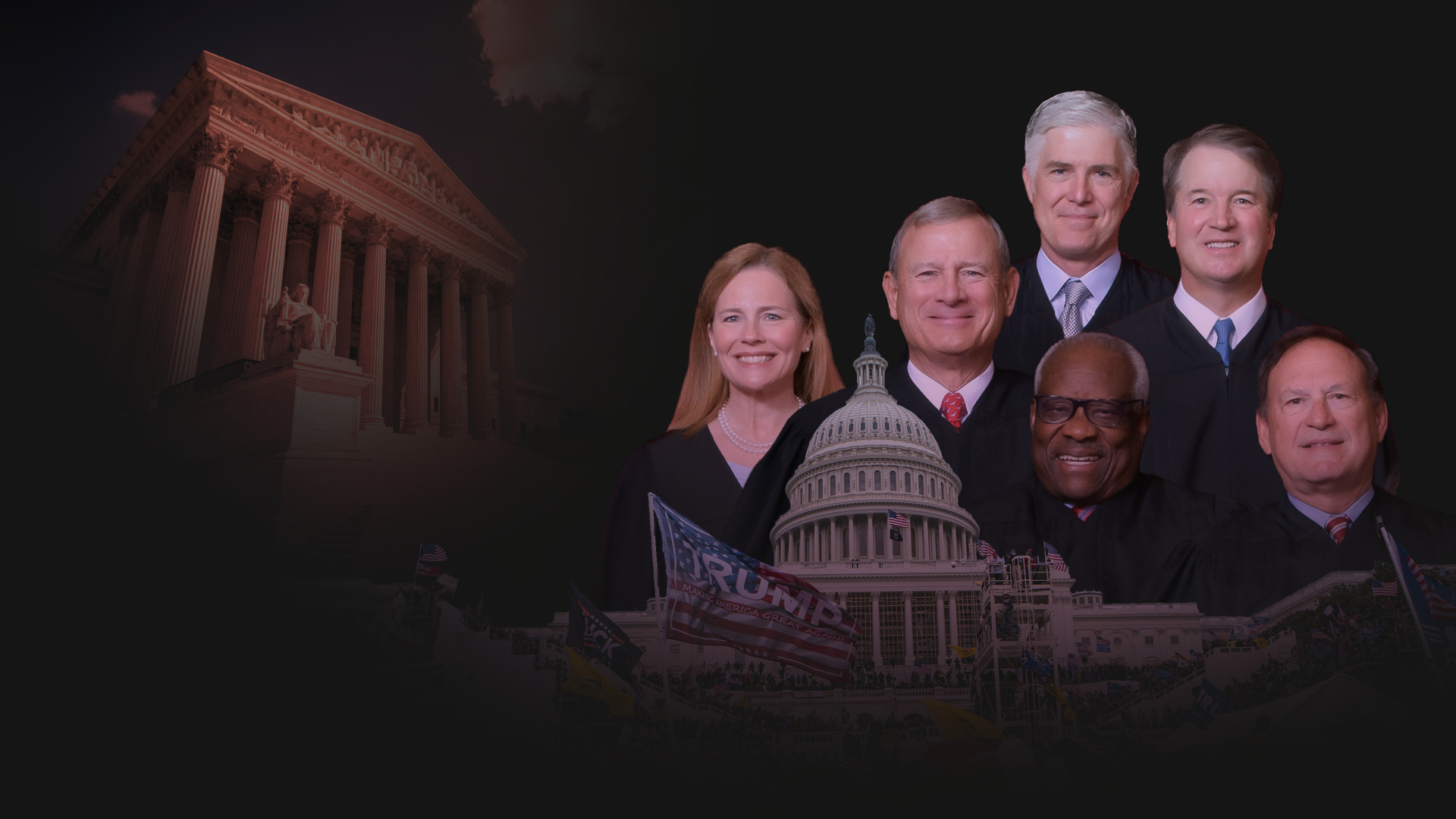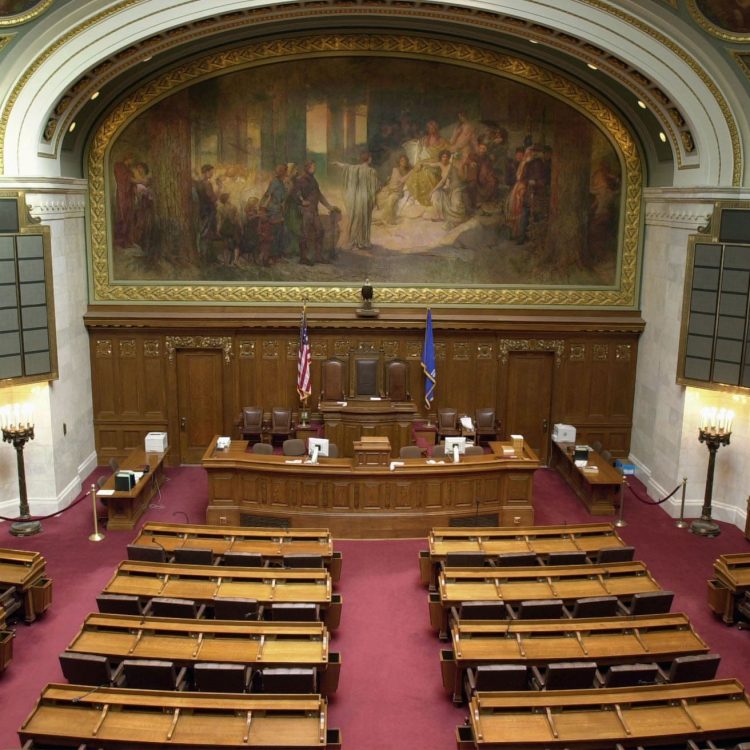The Supreme Court could set up the theft of the 2024 election.
Republican extremists have advanced a dangerous legal theory to the Supreme Court that could give gerrymandered state legislatures unprecedented power to influence federal elections — and even to overturn the next presidential election.


What is the Independent State Legislature Theory and how does it threaten democracy?

Throughout modern American history, state legislatures have had the authority to determine laws and procedures for federal elections within their states — subject to governor oversight, and checked and balanced by their state constitutions and courts. Now Republican legislators in North Carolina are trying to use ISLT to remove all of those checks and balances — giving state legislatures across the country nearly unfettered power to determine how federal elections are run in their states.
If the Supreme Court sides with Republicans and legitimizes ISLT in Moore v. Harper, state legislatures all across the country could radically change the rules for elections and even overturn the will of voters. ISLT was the cornerstone of Trump-backed attempts to overturn the 2020 election, but at the time, it didn’t work, because the theory didn’t have any serious institutional backing. However, if the Supreme Court lends ISLT legitimacy through its ruling in Moore, we could see a very different result in 2024.
Learn MoreAssessing the danger to democracy
ISLT concentrates virtually all power over a state’s federal election procedures in state legislatures and the U.S. Supreme Court itself — at a time when both institutions are (not coincidentally) dominated by conservatives. The map below illustrates how vulnerable each state — and its electoral votes — would be to intentional interference by Republican state legislatures under a maximalist version of ISLT.
How the scoring works
All 50 states as well as the swing electoral votes in Nebraska and Maine received scores based on 7 variables including the 2020 margin of victory in each state, partisan and percentage control of the legislature, Republican skew of the legislature, and the number of voter suppression and election interference bills introduced.
See the full breakdown of the methodology